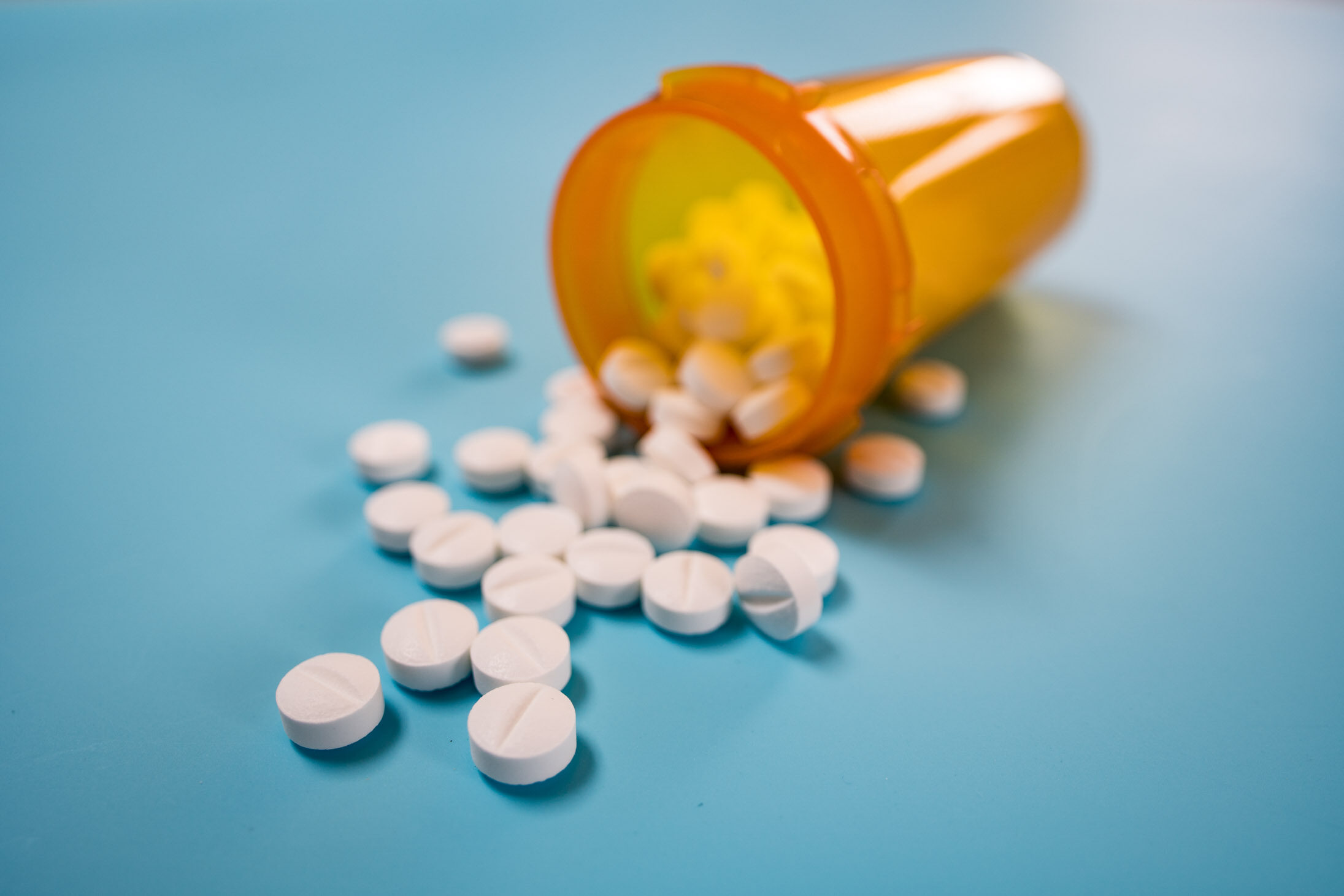© 2024 CSRXP- All Rights Reserved

BIG PHARMA WATCH: STUDY FINDS BIG PHARMA PROFITS THROUGH ANTI-COMPETITIVE KICKBACK SCHEMES CLOAKED AS CHARITY
Sep 9, 2022
Researchers Say Brand Name Drug Companies’ So-Called Patient Assistance Programs Boost Sales of High-Priced Products and “Violate the Spirit of Medicare’s Anti-Kickback Statute”
A new study in Health Affairs demonstrates how Big Pharma companies skirt anti-kickback protections in federal law by using so-called patient assistance charities to undermine competition in the market and pad their bottom line.
The study, conducted by researchers affiliated with Harvard University, Northwestern University and the University of Southern California, Los Angeles, examined drug spending by a subset of Medicare Advantage enrollees from 2010 to 2017, along with data on the enrollees’ conditions and which drugs were covered by charities funded by brand name drug companies.
They found Big Pharma’s share of sales for brand name medicines used to treat specific conditions covered by these charities increased over time. For the 10 costliest treatments, the brand name manufacturer’s share of sales increased from 67 percent in 2010 to 89 percent in 2017, demonstrating that “manufacturers could effectively assist in the purchase of their own medications by contributing to condition-specific charities.”
According to the study’s authors, overall “donations by the leading manufacturer of drugs for each condition were often likely to be profitable.” The authors argue that “the current regulations or enforcement permit donations that violate the spirit of Medicare’s Anti-Kickback Statute.”
Big Pharma’s use of so-called patient assistance charities to pad their profits and undermine competition have generated scrutiny before.
In a 2020 hearing before the U.S. House Committee on Ways & Means Subcommittee on Health, experts and patients highlighted how Big Pharma exploits non-profit charities as a vehicle to boost their bottom line.
GE Bai, PHD, CPA, Associate Professor of Accounting at Johns Hopkins Carey Business School said:
“These actions lead to market distortions, price increases and the inefficient drug spending, but benefit the bottom lines of the drug manufacturers … These programs are called in appearance ‘assistance programs’ but if we think about the kickback concern, it’s really a mechanism designed to bring money to drug companies.”
Juliana Keeping, a patient advocate and mother of a child with cystic fibrosis detailed how the returns can be huge for Big Pharma:
“It’s a great investment if you are a drug manufacturer. Research shows that for every $1 million drug manufacturers donate to assistance charities, they make up to $21 million in sales. These programs actually reward companies for increasing drug prices… As a result of the rigged system, drug prices keep rising and the costs are being passed along to all of us.”
And, in 2020, brand name drug giant Sanofi had to pay a $12 million settlement after being caught exploiting charities at the expense of taxpayers. According to Reuters reporting at the time, “Sanofi used a supposed charity as a conduit to funnel money to patients taking Sanofi’s very expensive drug, all at the expense of the Medicare program.”
A 2019 report from Bloomberg Government noted that six of the industry’s top brand name drug manufacturers “funneled more than $680 million into hundreds of nonprofits last year.”
And an August 2019 article from The Economist detailed how these donations lead to profits for the branded drug industry:
“The impact of these charities is large and growing. Most of them are less than 15 years old. In 2001 just five drugmakers operated charities, spending a total of $370m. That had risen 20-fold, to $7.4bn, by 2016. According to Ronny Gal, an analyst at Berstein, a research firm, the co-payment on the price of a drug is usually just 10% of the cost the pharmaceutical company ultimately charges to the insurance provider. This would mean that $7.4bn, if it were all spent on co-payments, could earn drugmakers $74bn in revenues – which would account for nearly a quarter of total drug spending in America.”
The report explained how the charities also help boost drug makers’ profits through tax deductions.
“Using co-pay charities to support high prices is good for business, but charitable contributions foster healthy profits in another way, too: they are tax-deductible. The corporate tax codes of most countries allow companies to deduct the cost of any charitable giving from pre-tax profits. But in America the system is more generous, says Jason Factor, a tax lawyer at Cleary Gottlieb Steen and Hamilton. Companies that give products for the benefit of the ‘needy or ill’ can deduct up to twice the cost of donated goods. How convenient!”
Exploiting charities to increase profits is just the latest example of how Big Pharma employs a wide array of anti-competitive practices to keep drug prices high and boost profits – while patients and taxpayers are left to foot the bill.
Read the full research paper in Health Affairs HERE.
Read more about brand name drug makers’ schemes around patient assistance programs HERE.
Learn more about bipartisan, market-based solutions to hold Big Pharma accountable HERE.
